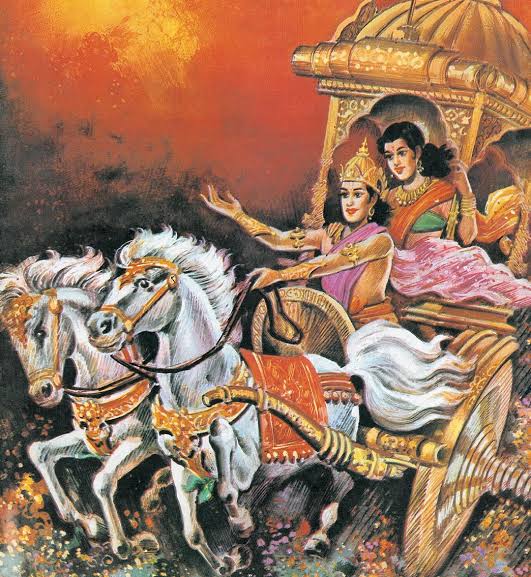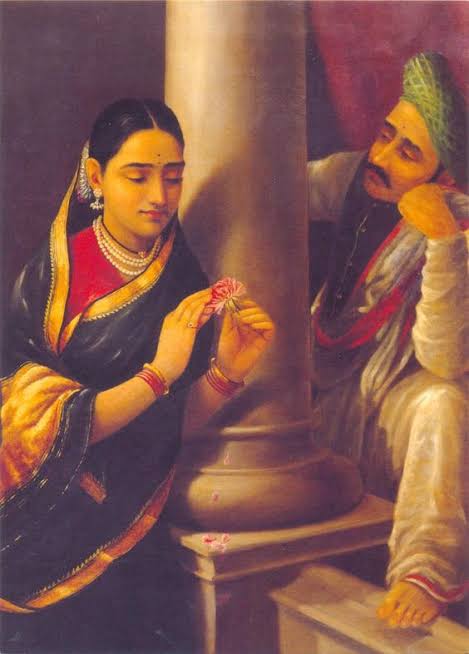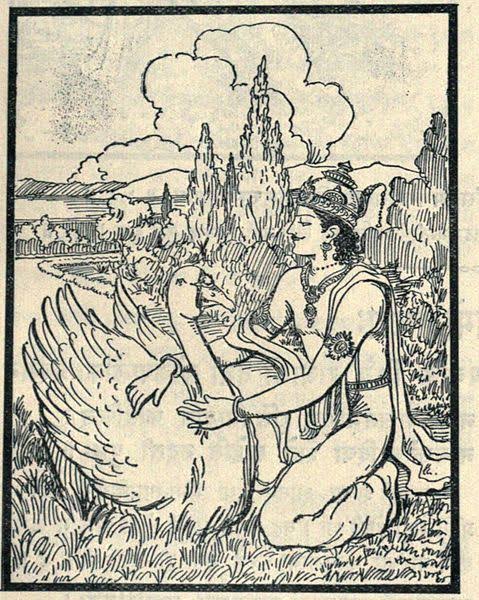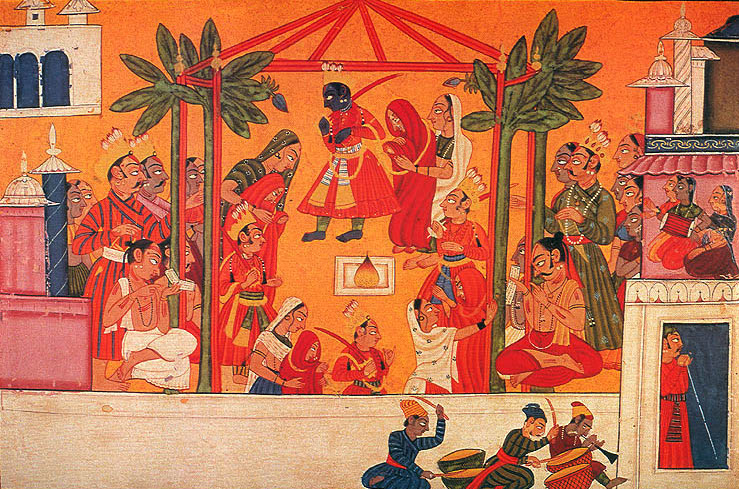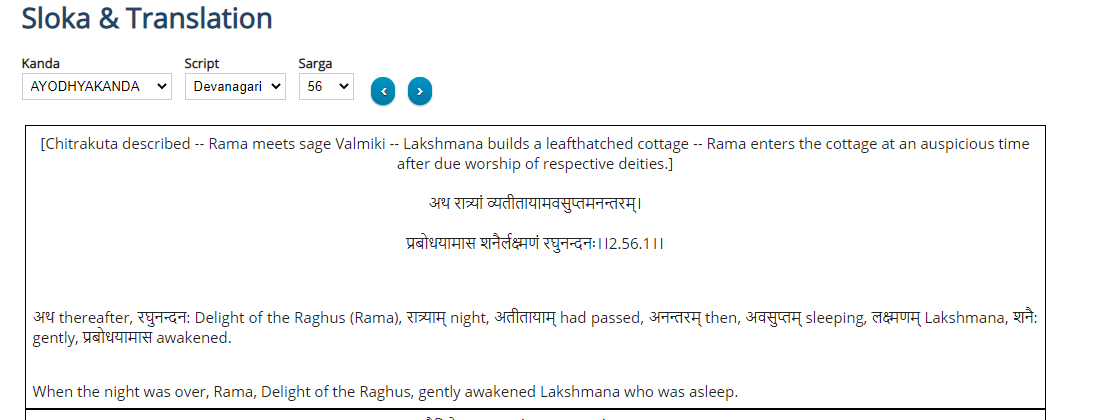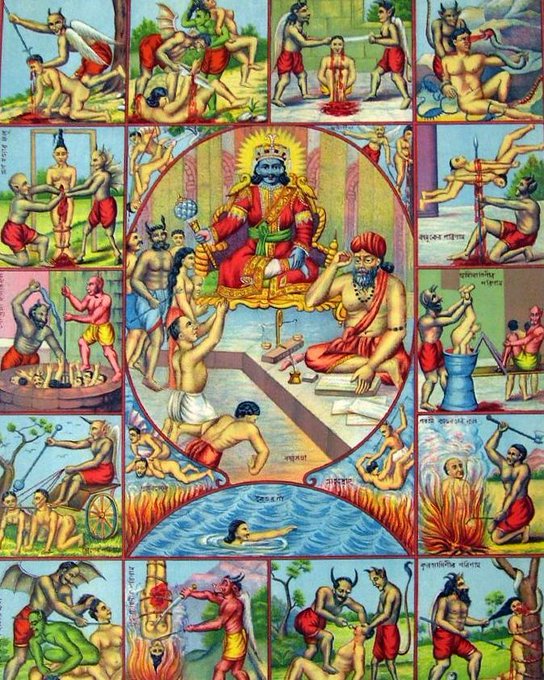
Few People asked that is "Paap" Forgiven by God anyhow?
Here is an answer, little longer but worth reading:
Yes, "Paap" are "forgiven", There are many verses for "sins washed out" throughout Gita. Lets first cite them one by one. 1/n
Here is an answer, little longer but worth reading:
Yes, "Paap" are "forgiven", There are many verses for "sins washed out" throughout Gita. Lets first cite them one by one. 1/n
https://twitter.com/HinduMediaWiki/status/1313717437385252864
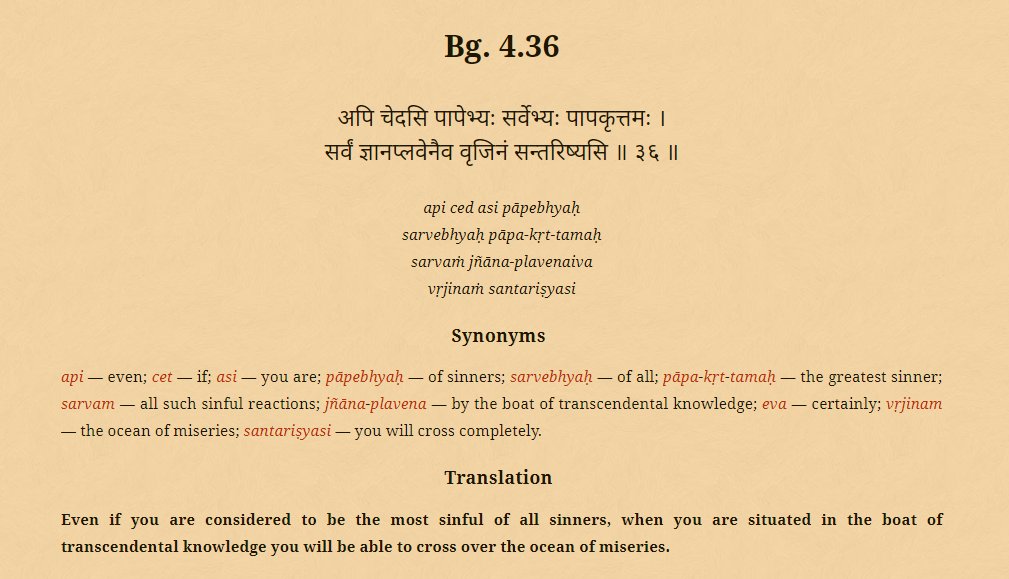
Gyan Yoga (Sundar/Beautiful): Once a person conquers the Rajo-guna and identifies himself with absolute, all his past deeds are freed, be it good or bad. Would merge within the supreme without any Karma lingering BG 6.27 
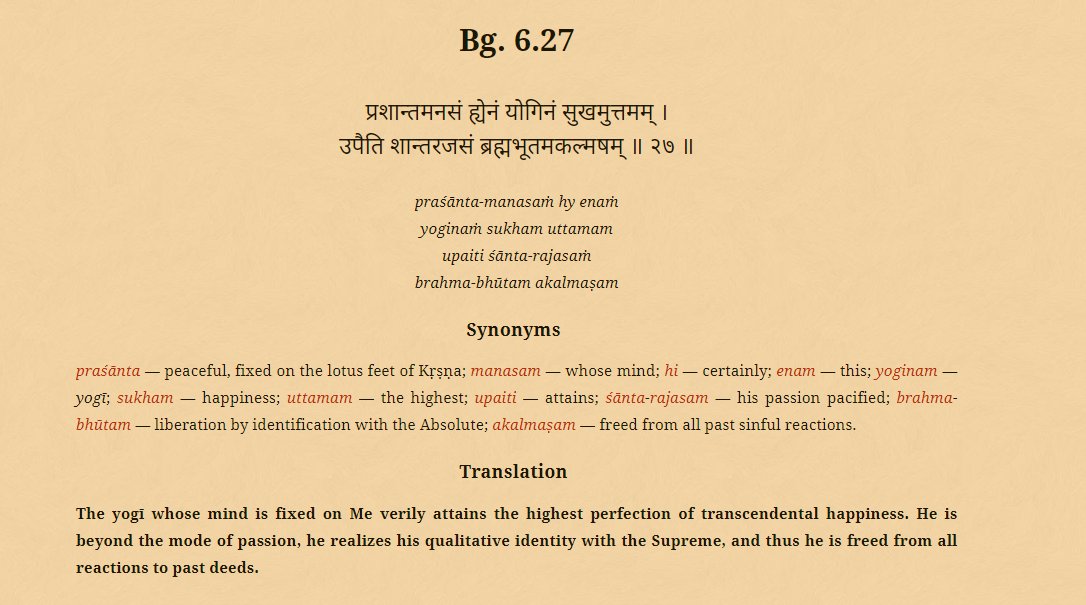
Karma Yoga : The true Sanyasi is the one who lets go the fruits of Karma, because a person cannot get rid of doing (good/ugly) Karma due to material nature influence. But those who have renounced the fruits of action are unaffected and would get Moksha; others get mixed fruits. 

Bhakti Yoga (Saral/Easy): Once a worshiper completely surrenders self to supreme or any manifestation of supreme by remembering in any way, he/she is intact from any sinful reactions & ultimately merges to God. BG 9.27/9.28 

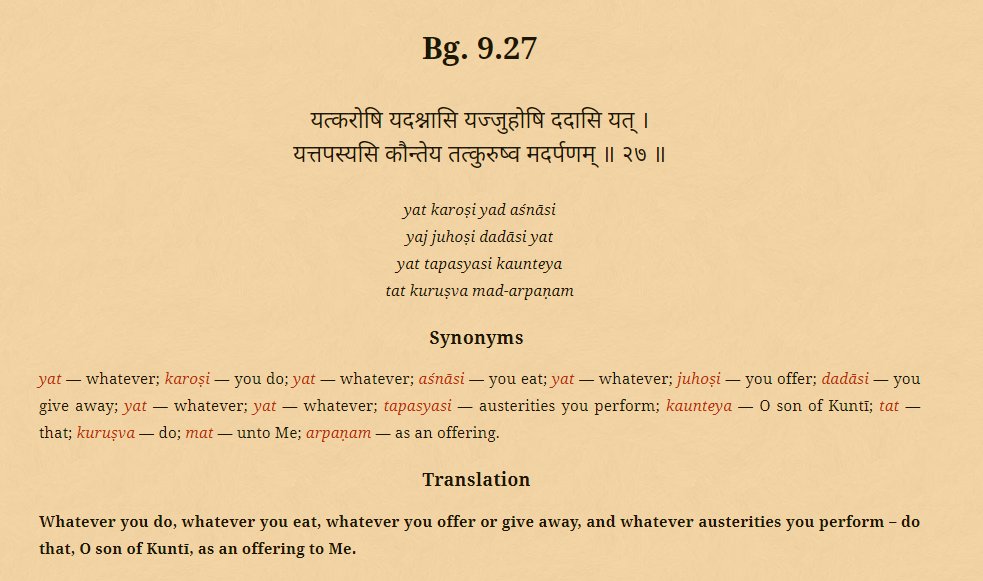

Now one may ask, if I misbehave with someone and then think about God, is my sin gone? Theoretically it's possible, but practically there is a catch:
Did I "behave" or "misbehave" or "well-behave"? 1st one doesn't have any result.
Did I "behave" or "misbehave" or "well-behave"? 1st one doesn't have any result.
So even if others say "misbehaved", there is no sin. But if I am able to judge "mis"/"well" myself then it's a fruitful action! So even if I remember God, this attachment will remain subtly just
waiting to kick-in someday!
The "sin" is a relative term.
waiting to kick-in someday!
The "sin" is a relative term.
Two persons of different philosophies may think that other one is committing sins. However both themselves are just acting naturally.
Sometimes a person will assume certain action sinful due to ignorance/rationality.
But in actuality not performing that action would be sinful.
Sometimes a person will assume certain action sinful due to ignorance/rationality.
But in actuality not performing that action would be sinful.
Why "paap" are "forgiven"!
If one's nature is crooked then all the so called scriptures will not help become divine. One's Swa-Dharma is defined by inner material nature and should act according to it.
If one's nature is crooked then all the so called scriptures will not help become divine. One's Swa-Dharma is defined by inner material nature and should act according to it.
Such people don't have any sinful reaction because they are just doing their duty. It's better not to copy even those, who are considered 'good' according to the society. 
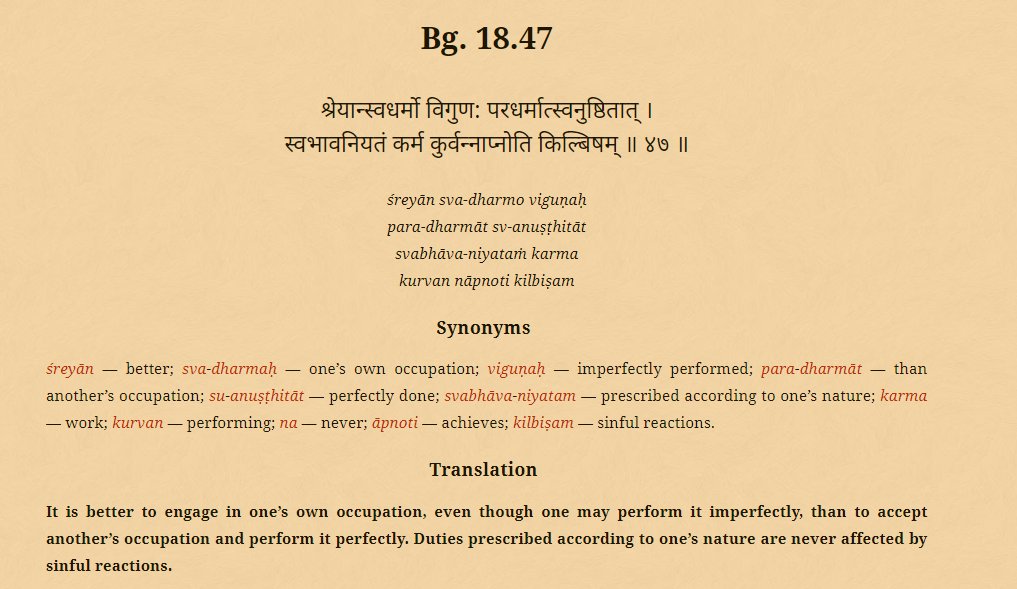
Even the "enlightened" people act according to their typical nature, it's not to be repressed[11]. Because, it's easier to give away the fruit of your Karma, when it's done according to Swa-Dharma (Swabhavik Dharma)
If your nature is not to cheat then you won't attach to the Karma of buying milk in exchange of money from store. But if my nature is of a thief and if I buy milk ethically then it's quite likely to get excited about that "good deed" and get attached to it.
Now pure Bhakti Yogis don't have even that much discrimination/discretion/Viveka. So they surrender themselves to someone to whom they think has such discretion. That might be any person or deity or God or even an idol.
Now "surrender" means, even the bad effects are also considered Prasadam. Bhakti Yoga is the easiest with the main condition as once you surrender, there has to be no looking back without a shadow of doubt.
Arjuna had surrendered to Krishna considering him as Sakha
Arjuna had surrendered to Krishna considering him as Sakha
He din't have slightest doubt on his words (questions are different).
He apologizes to Krishna after being overwhelmed by his universal form, thinking that he was being too candid with the supreme God.
He apologizes to Krishna after being overwhelmed by his universal form, thinking that he was being too candid with the supreme God.
An extremely sinful person if devoted to God is considered saintly/Sadhu
But the catch-32 here is that a person has to get influenced by "remembering God" continuously during his regular life to be able to realize the same feeling during death[
But the catch-32 here is that a person has to get influenced by "remembering God" continuously during his regular life to be able to realize the same feeling during death[
Instantaneous generation of Godly feeling should be quite rare. If one rely on that gamble then bigger chances of failing.
"Whatever state of being one remembers when he quits his body, O son of Kuntī, that state he will attain without fail."
Jay shree Krishna 🙏
"Whatever state of being one remembers when he quits his body, O son of Kuntī, that state he will attain without fail."
Jay shree Krishna 🙏
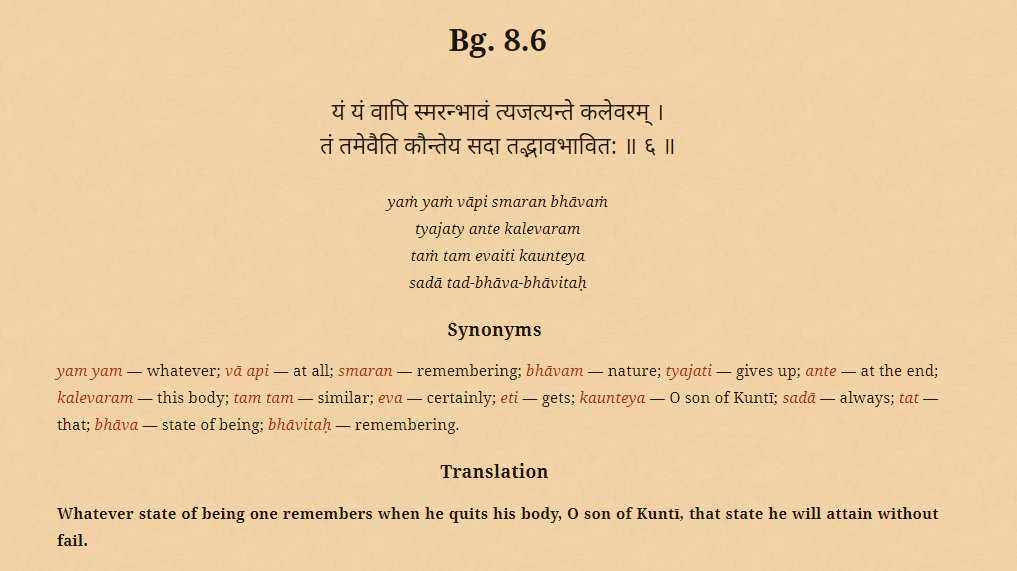
To add on to it finally, There is no Prayaschit for Gau Hathya 🙏🏼
Shreem Namo Bhagwate Bhrama Roopayai, Vishnu Bhaginyayi, Rudra Devtaayayi, Sarva Paapa Pramochinayi Namaha
Aim Surabhyayi Namaha
Gau is one who eliminates us from Paapas and helps us accumulate Punya 🙏🏼
Shreem Namo Bhagwate Bhrama Roopayai, Vishnu Bhaginyayi, Rudra Devtaayayi, Sarva Paapa Pramochinayi Namaha
Aim Surabhyayi Namaha
Gau is one who eliminates us from Paapas and helps us accumulate Punya 🙏🏼
• • •
Missing some Tweet in this thread? You can try to
force a refresh

